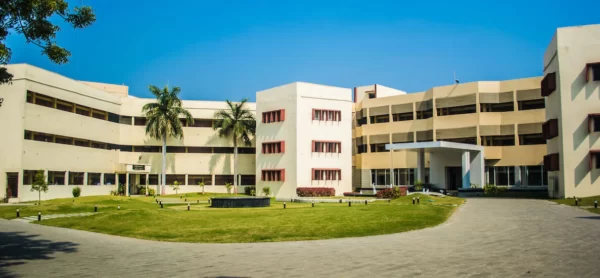ASSOCIATE BUSINESS FIRMS
PHARMACEUTICAL
The pharmaceutical industry in India is the third-largest by volume across the world and the fourteenth largest in terms of value. For the year 2019-2020, the total annual turnover for the industry was INR 2,89,998 crores and pharmaceutical exports were to the tune of INR 1,46,260 crores. India exports medicines and drugs to nearly 206 countries with the United States being the largest export destination. It is also a leader in vaccine manufacturing and caters to more than 60% of the global vaccine demand. In the recent Union Budget of 2022, the pharmaceutical industry of the country was recognized as the “sunrise sector” for India’s economy and is expected to grow threefold over the next decade. As per the Economic Survey of 2021-2022, the Indian pharmaceutical industry is expected to reach $65 billion by 2024. The massive growth of the industry can be contributed to the domestic manufacturers’ leadership in providing generic formulation to different markets worldwide. Because of the tremendous scope and to contribute in the growth of India’s economic status, Group decided to start Pharmaceutical Manufacturing Unit. This Manufacturing unit has equipped with mostly automatic machineries which expected to produce more than 4000 MT/year.
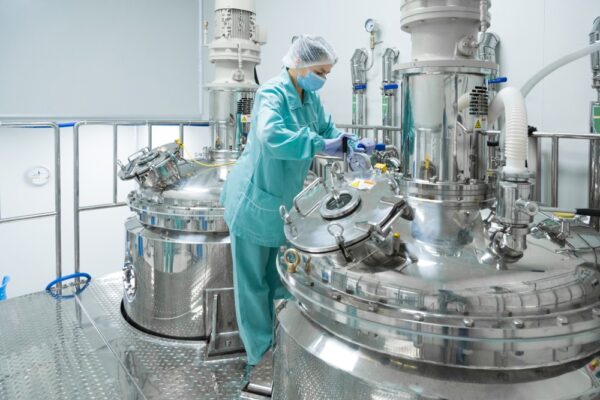



HOSPITALS
India’s healthcare scenario seems to be at crossroads, where there are some positive achievements on the health indicator, but suffers some serious shortcomings in care delivery. The country has been successful in eradicating polio, reducing epidemics caused by tropical diseases and controlled HIV to a large extent. However, it still faces a huge economic burden due to NCDs, struggles to balance accessibility, affordability and quality and is unable to hike public health budgets. In order to strengthen healthcare delivery, Group decided to enter into Healthcare services and they established 3 Multi Specialty Hospital in the region
EDUCATION
It is usually a belief that education is the foundation for all-round development. Life is based on development and that developing and growing is life. If we describe this view into the perspective of education, we can sum up that education is the all-round development of the individual’s personality. Thus, education is nothing but all-round development of the individual’s personality. Education is a process of man-making. Hence, education is necessary for all. With understanding this core value of Education, group decided to develop as many as education center so the Nation can take the benefits of Education. In the Yr.1974 KDK Group of Institutes has formed with the mission to provide the quality education facility to strengthen the Nation. Group entered into various streams of education so they can create a chance for each and everyone’s interest. Those streams are like Engineering, Ayurved College & Medical Science and Research, Institute of Pharmacy, College of Physiotherapy. Under the above-mentioned Streams there are various of Institutes like..
- KDK college of Engineering – There are 3 different Colleges in different location
- Bhausaheb Mulak Ayurved College & Medical Science and Research Hospital – There are 3 Units in different locations
- BCYRC Institute of D Pharmacy – There are 2 Pharmacy institute at 2 different locations
- Bhausaheb Mulak College of Physiotherapy
- Colleges for MBA, Ph.D., Science etc.
TEXTILE INDUSTRIES
The textile industry occupies a leading position in the hierarchy of the Indian manufacturing industry. It was estimated to contribute 14% to industrial output, 4% to GDP and about 11% to India’s export earnings. Besides, it provides direct employment to over 35 mn people and is the second biggest employer. Its direct linkages with the rural economy, being dependent on fiber crops, is also closely linked with diverse crafts, such as those using cotton, wood and silk and handlooms employing millions of farmers and craftsmen in rural and semi-urban areas. In the global context, the industry accounts for 61% of loom age, 22% of spindle age, 12% of the production of textile fibers and yarn, and 25% share in the total world trade of cotton yarn.

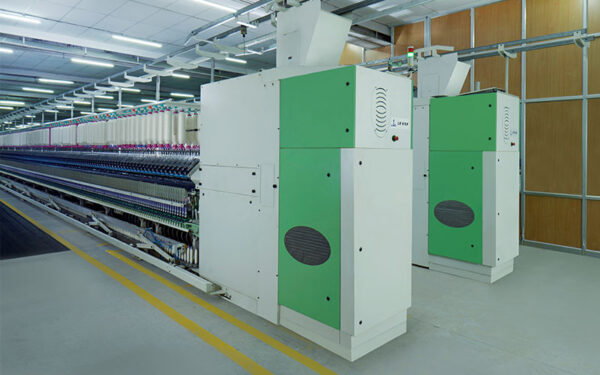


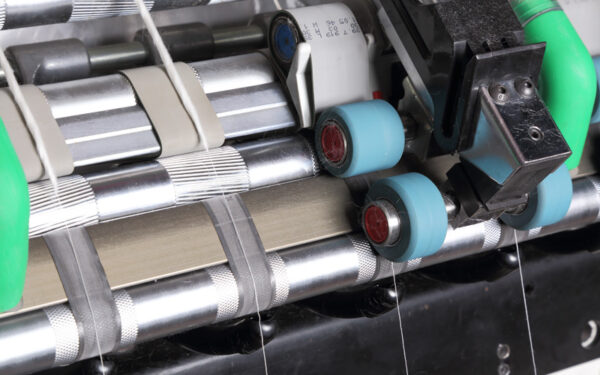
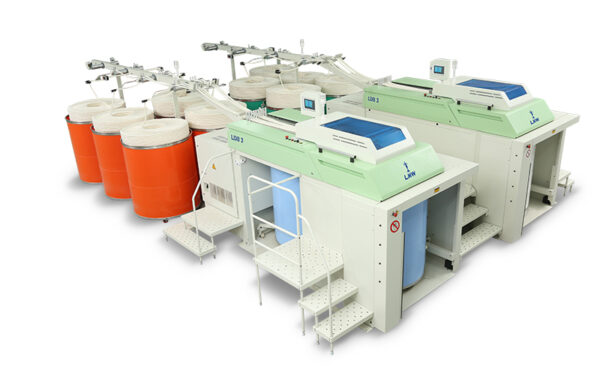
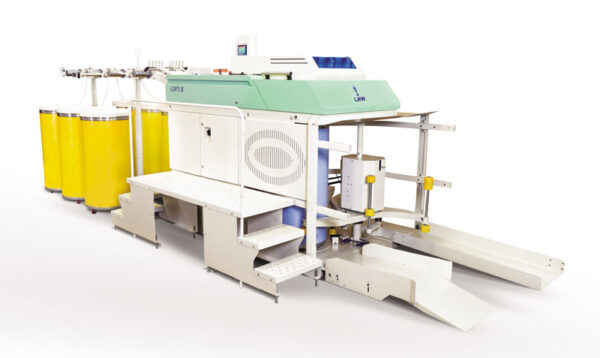


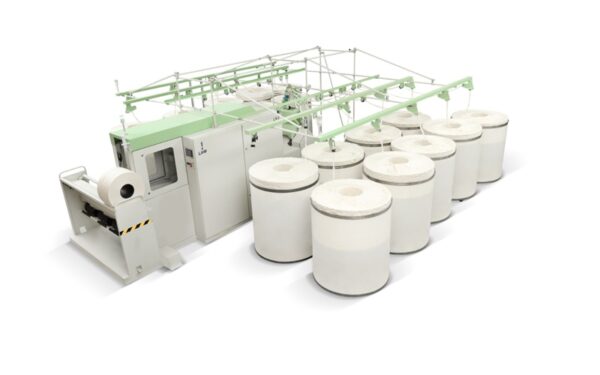
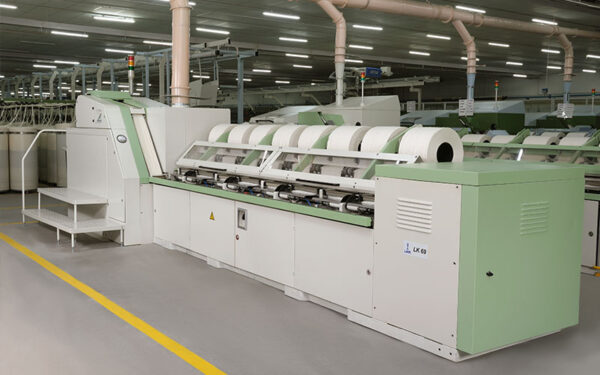


GOVERNMENT PROJECTS
Agriculture is an integral part of the Indian economy and a significant contributor to its GDP. The Indian agriculture business is primarily focused on crops like rice, wheat, sugarcane, cotton, and oilseeds. The sector provides employment to a large number of people, especially in rural areas. The Indian government has launched various initiatives and schemes to support and promote the agriculture business. The use of technology in agriculture, such as precision farming and crop monitoring, is gaining traction in India. Indian agriculture is also facing challenges such as climate change, water scarcity, and low productivity. The government has been encouraging farmers to adopt organic farming practices to improve the quality of crops and reduce environmental damage.
AGRICULTURE
Agriculture is an integral part of the Indian economy and a significant contributor to its GDP. The Indian agriculture business is primarily focused on crops like rice, wheat, sugarcane, cotton, and oilseeds. The sector provides employment to a large number of people, especially in rural areas. The Indian government has launched various initiatives and schemes to support and promote the agriculture business. The use of technology in agriculture, such as precision farming and crop monitoring, is gaining traction in India. Indian agriculture is also facing challenges such as climate change, water scarcity, and low productivity. The government has been encouraging farmers to adopt organic farming practices to improve the quality of crops and reduce environmental damage.
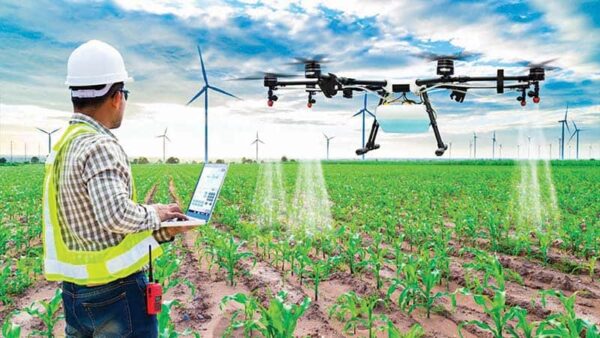
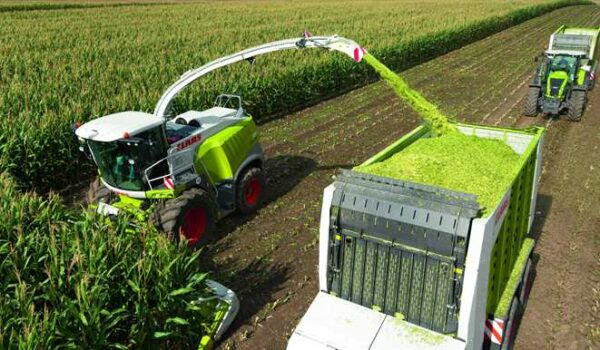

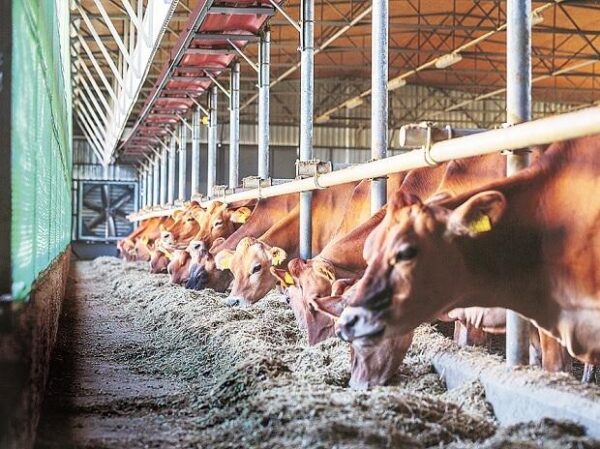
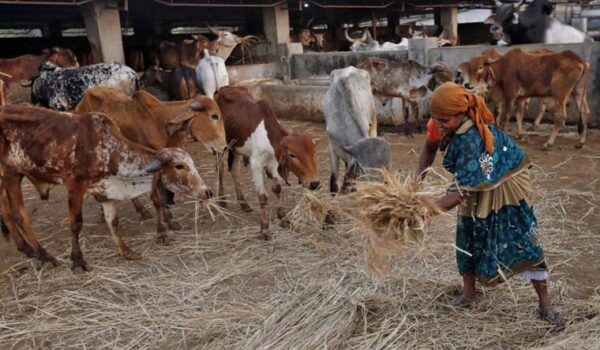
ANIMAL HUSBANDRY
Animal husbandry is an important agricultural activity in India. The sector includes the rearing of various domesticated animals such as cattle, buffaloes, sheep, goats, pigs, and poultry. The country is one of the largest producers of milk and milk products in the world, which is largely due to the dairy industry. The Indian government has launched various schemes and initiatives to promote animal husbandry and improve the productivity and quality of livestock. However, the sector is facing challenges such as diseases, lack of infrastructure, and the need for skilled manpower.

